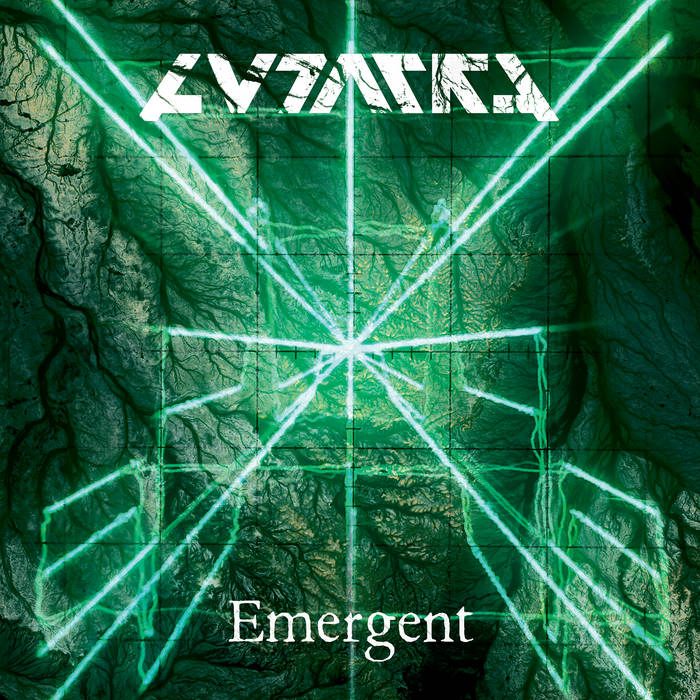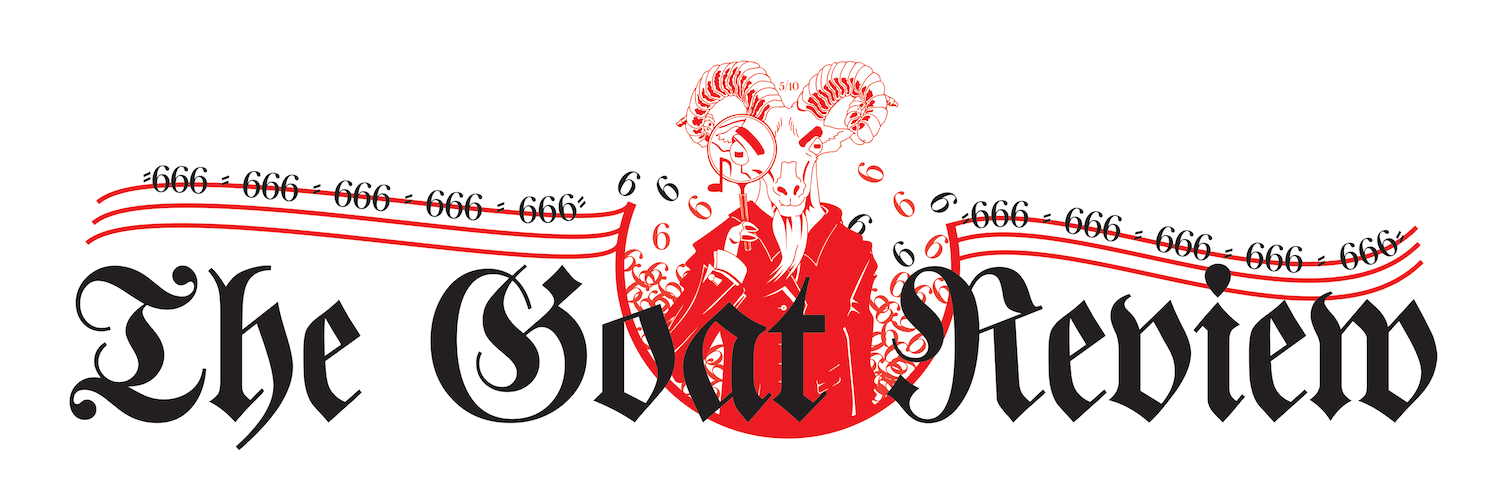
Evolution is constant reinterpretation. When Dodecahedron reinterpreted their cold and inhospitable debut into geometric form on kwintessens in 2017, the mechanical shifted into something human. Still nihilistic but an exploratory journey through fear, it culminates in a perfectly paced blooming of warmth before the guillotine blade falls with no mercy. kwintessens made an impression on me and it has grown into one of my favorite albums. That album is still on the mind of Michel Nienhuis too it seems, as two albums in, he iterates on it with his new band Autarkh, figuratively and literally. Form In Motion was a victim of expectations in my case. I wanted it to sound like Dedocahedron, but despite its foundation consisting of demos of the third Dodecahedron album that the band never got to make because of the unfortunate passing of vocalist Michiel Eikenaar, Autarkh was significantly different. The live sound of the drums had shifted to beats and the clear geometric forms were replaced with a direction I could not parse. Emergent turns inward and outward at the same time. The beats and glitches take on an Industrial character and serve the story more than before, with songs like “Strife” exploring territory near to Nine Inch Nails with the constantly cut-off guitar and rhythm. In other places the band dip their toes in Post Metal, recalling The Ocean with that band’s clean vocals mirrored in an uncanny way. But the thing that will stand out the most for returning Dodecahedron fans is Nienhuis quoting his own work from previous albums, most obviously in closing song “Ka”, which features the main rhythm from kwintessens‘ “Dodecahedron [An Ill-Defined Air of Otherness]”.
My knee-jerk reaction to this was that it felt lazy, yet what Autarkh are doing on Emergent in the end really seems like dwelling on the sound and philosophy of previous band members’ works, in conversation with themselves. This is a worthwhile pursuit whatever the result ends up being. Emergent is more varied in its approach to pacing than Form in Motion, as it plays around with more consonant and open ended themes. My initial listen did not let me enjoy it, but subsequent spins has seen the album creep in more. One thing that always made Dodecahedron reach higher for me was their tight grip on rhythm and pacing. That same intelligence is on display on Emergent. The Post-like builds, when they are there (“Refocus”, “Countless Kaleidoscopes”), give the album an ebb and flow that is powerful. The backing sounds and often mechanical sounds or samples are used with the IDM style beats to serve the rhythm well. Alas, not every part of this refocus hits as it should. The clean vocals often take on a grating nature in the higher notes that I don’t think serves the music well. And occasionally the openness of the songs loses the plot for a while, making the tight grip of the rhythm slip. Autarkh are obviously searching for something and trying to open up their sound, be it by trying new things or dwelling on the past. I am no longer disappointed but genuinely intrigued.
